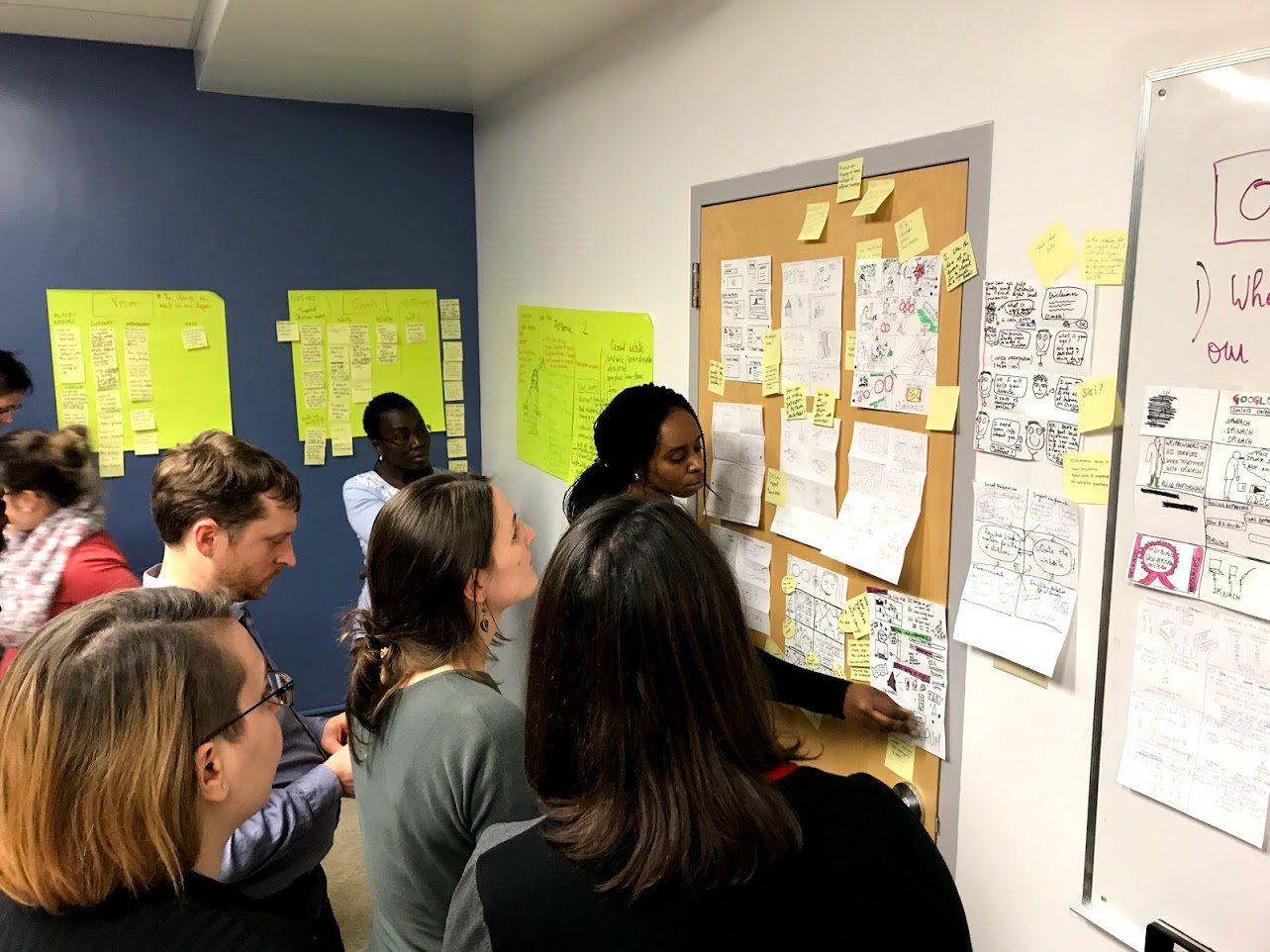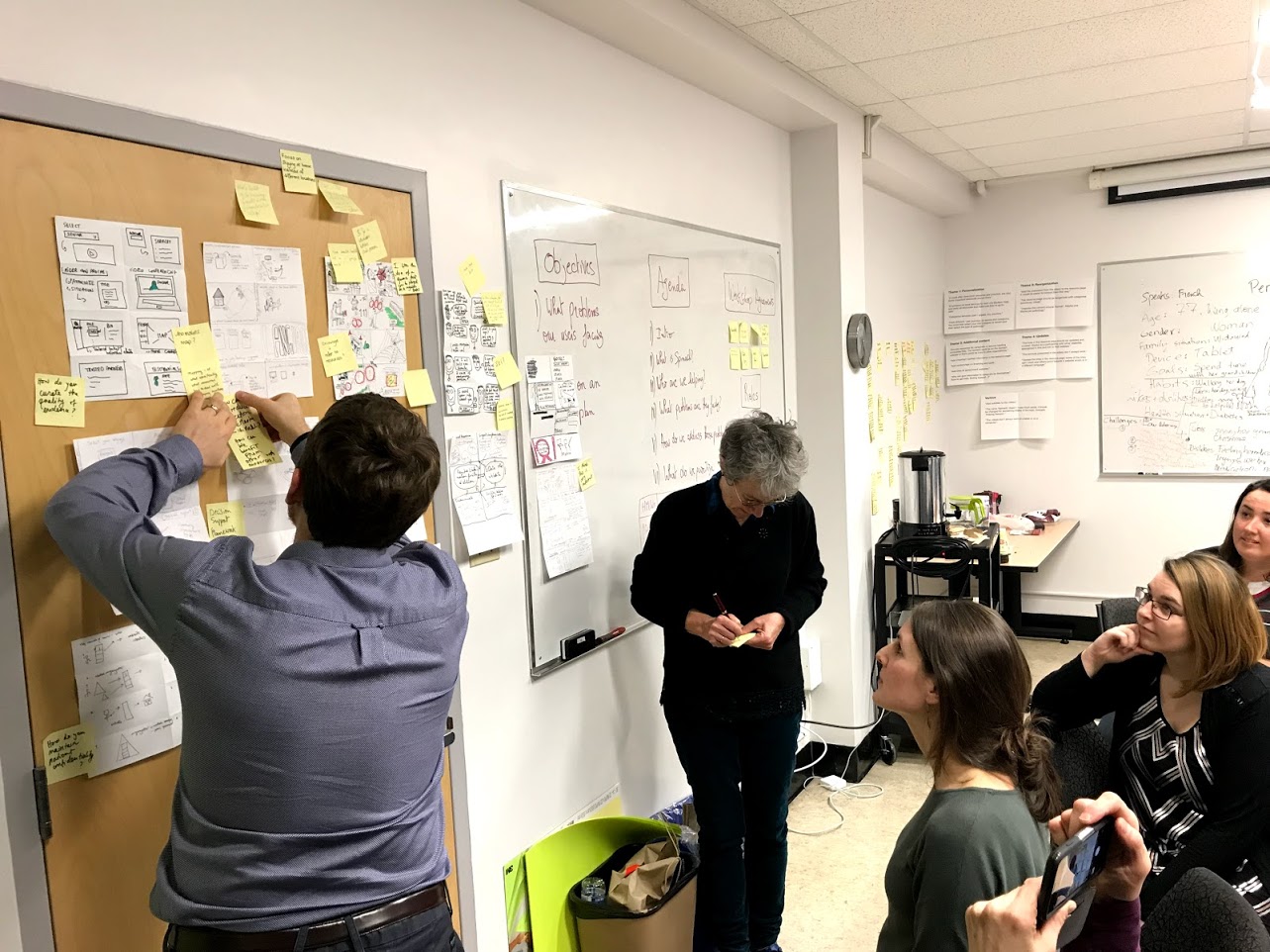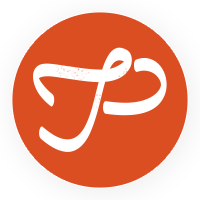Université Laval and Arthritis Research Canada
Aug 2017 - Present
Context
In 2016, Université Laval and Arthritis Research Canada (ARC) developed Github Pages a website and an interactive video to provide seniors with information on how to remain independent at home. The first iteration of the website was well received and generated enough user feedback to allow the team to plan a second iteration (ie. this project).
The project
In August 2017, I was given the opportunity to join the team as a project manager / ux designer / front-end developer. The team is composed of researchers from CHU de Québec / Université Laval, a caregiver representative, and two independent researchers.
Project phases: 1) focus groups and interviews with seniors and caregivers, 2) data analysis and insights, 3) design sprint (meeting with project stakeholders to determine project focus), 4) implementation, 5) pre-launch tests and evaluation, and 6) launch.
User research
After two months of interviews and focus groups with caregivers and seniors, the benefits and shortcomings of our current website became obvious. Here are the themes that emerged from our study:
- 1. The need for a more personalized experience. Our website only provides information at a provincial level (ie. care homes in Alberta and Quebec) when it should be providing individuals with local resources. Most of the individuals we interviewed were frustrated to see that some of the services listed were not available in their location. Furthermore, the way the information is currently laid out (in the resource section) makes it hard for people to easily find the information that is relevant to them.
- 2. Additional resources and content. Individuals were interested in a) knowing who to contact in the case of an emergency, b) reading about different financing options, c) learning about public services and other organizations, and d) knowing what resources and services exist for caregivers.
- 3. More exhaustive and up-to-date content.
Design workshop
Our findings were in line with our expectations but a decision had to be made regarding the next steps (what should be prototyped, in what fidelity...). Furthermore, sharing knowledge and insights with other team members solely over Skype became increasingly difficult and prevented us from reaching a consensus regarding the new platform. I suggested to lead a one-day design workshop to address this problem and give each one of us a chance to share insights, ideas, and concerns... My agenda was inspired by Jake Knapp's book called "Sprint, solve big problems and test new ideas in just five days".
Workshop obectives: 1) agree on a team vision and define the project goals, 2) understand the problem area, and 3) set a clear direction for the rest of the project.
Agenda:
- 1. Setting the stage. Part I (workshop introduction): objectives, agenda, roles, and workshop agreements. Part II (about Spinach): what is Spinach, team vision, and project goals.
- 2. Empathizing with our users: persona definition, day in the life exercise, and "how might we" (HMW) activity (read more about it here).
- 3. Brainstorming: individual note taking and sketching, "crazy 8" activity (more information: here).
- 4. Deciding: demo of crazy 8 sketches, Q&A, critiquing, and voting.
Outcome: this workshop allowed the team to share opinions and ideas about Spinach and our personas, address diverging point of views, and determine a focus for the rest of the project.


Technical setup
The current website was built with Google Blogger, a free blog-publishing service. Although this platform might be great for people with no technical skills who want to publish fast, its features are very limited and would not allow us to effectively address our users' pain points (listed above).
Here are the frameworks / solutions I've identified so far: HarpJS (hosted on Github Pages), or Wordpress. Based on the results of our first workshop, HarpJS seems to be a better option as it offers the freedom and flexibility that is required in low/mid-fi prototyping.
I will be updating this page as the project moves forward.
